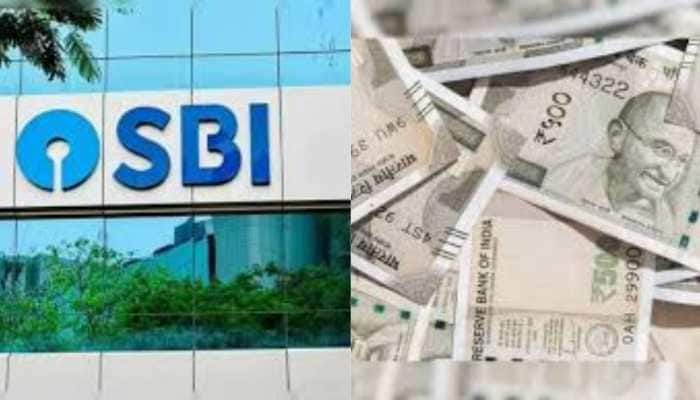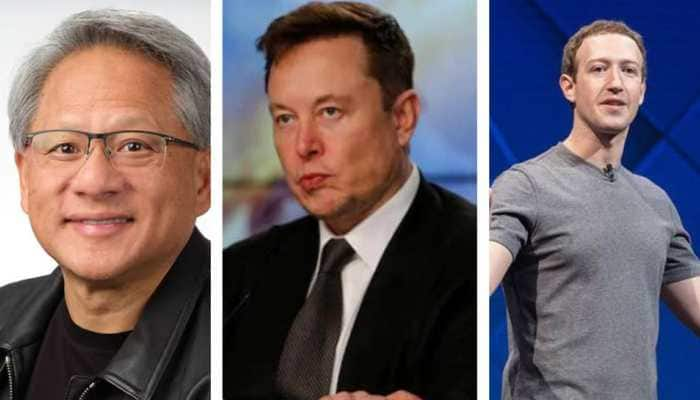5 reasons why Dr Manmohan Singh, India's first Sikh Prime Minister, became the Father of Indian Reforms
Here's a look at five reforms introduced by Singh that changed the face of Indian economics forever:
Trending Photos
) File photo
File photo New Delhi: Dr Manmohan Singh, India's first Sikh Prime Minister, was no accidental PM. This Oxford and Cambridge alum ushered in some of the best socio-economic reforms India witnessed, rightly being called the Father of Indian reforms. Singh also happens to be only PM, after Jawaharlal Nehru, to serve consecutive five-year terms.
As the economist turns 85 on September 26, Prime Minister Narendra Modi took to Twitter to wish him: “Warm birthday wishes to our former Prime Minister, Dr. Manmohan Singh. May he lead a long life filled with good health”
Here's a look at five reforms introduced by Singh that changed the face of Indian economics forever:
1. Liberalisation
With the Union budget of 1991, Dr Singh (during PV Narasimha Rao's prime ministerial tenure) introduced liberalisation in India, kickstarting a series of economic reforms. The move helped service sectors expand rapidly, also allowing consumers a wide range of choices.
2. Indo-US Nuclear Deal
With the 2005 India-US nuclear deal, India was recognised as a powerful nation with nuclear weapons for the first time. The deal, signed by Dr Singh (the then prime minister) and US President George W Bush, agreed that India will continue to develop its nuclear facilities and focus on civilian nuclear energy to sustain the economy.
3. NREGA (MGNREGA)
Another ground-breaking act introduced by Dr Singh was National Rural Employment Guarantee (now known as Mahatma Gandhi National Rural Employment Guarantee Act or MGNREGA). This act enforces that every Indian has a 'right to work'. It aimed to provide at least 100 days of paid employment in a financial year to every household with adult members involved in unskilled manual work.
This act has been called a "stellar example of rural development" by the World Bank in its World Development Report 2014
4. Right to Education
A landmark act introduced by Dr Singh, Right of Education ensures that every child, between the age group of 6 and 14, has access to free and compulsory education.
5. Annual GDP growth rate of 8% over a period of 8 years
India enjoyed a sustained annual GDP growth rate of 8 per cent over a period of eight years, a feat achieved only during the tenure of Prime Minister Manmohan Singh.
Stay informed on all the latest news, real-time breaking news updates, and follow all the important headlines in india news and world News on Zee News.
Live Tv







)
)
)
)
)
)
)
)
)
)
